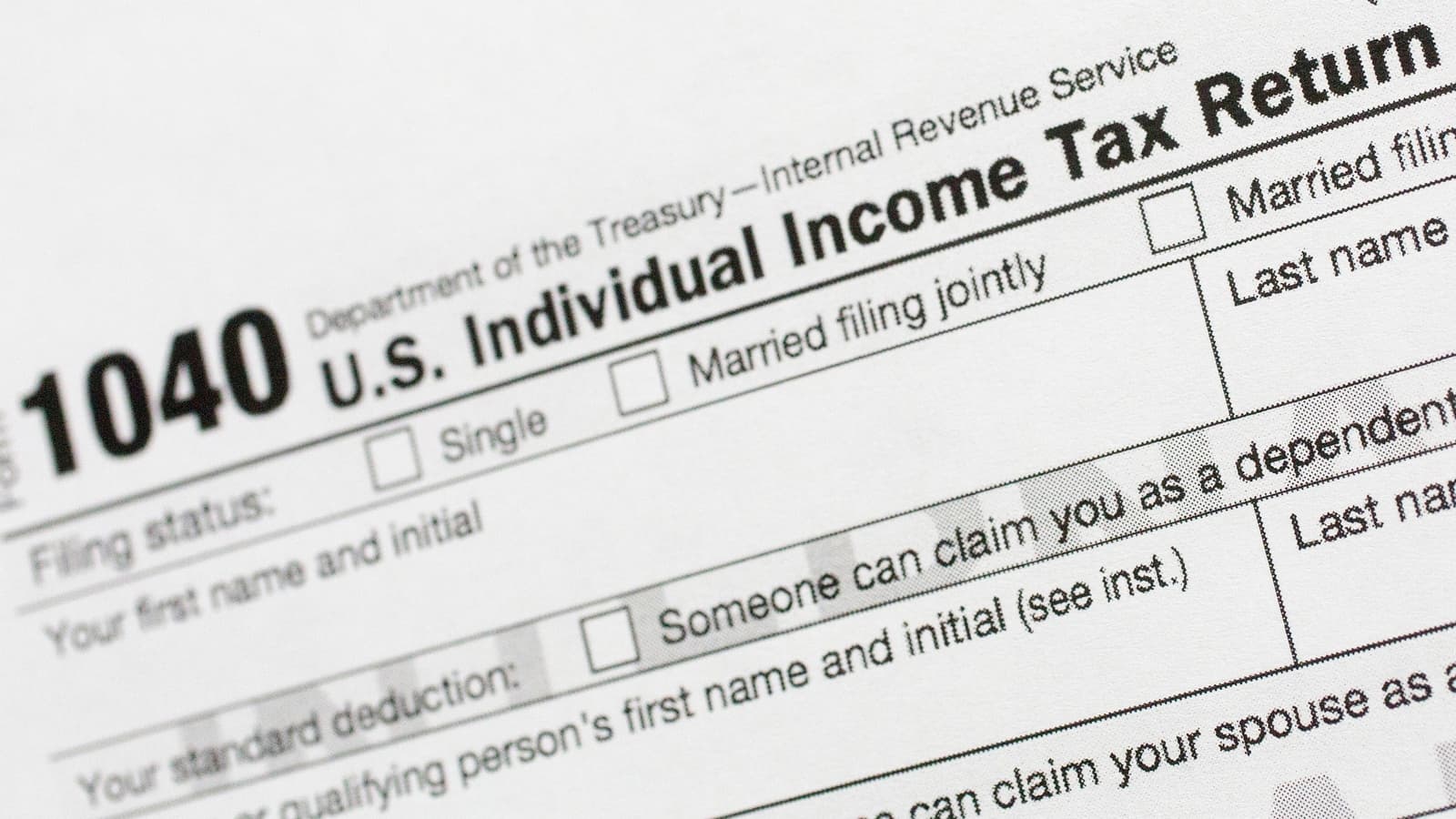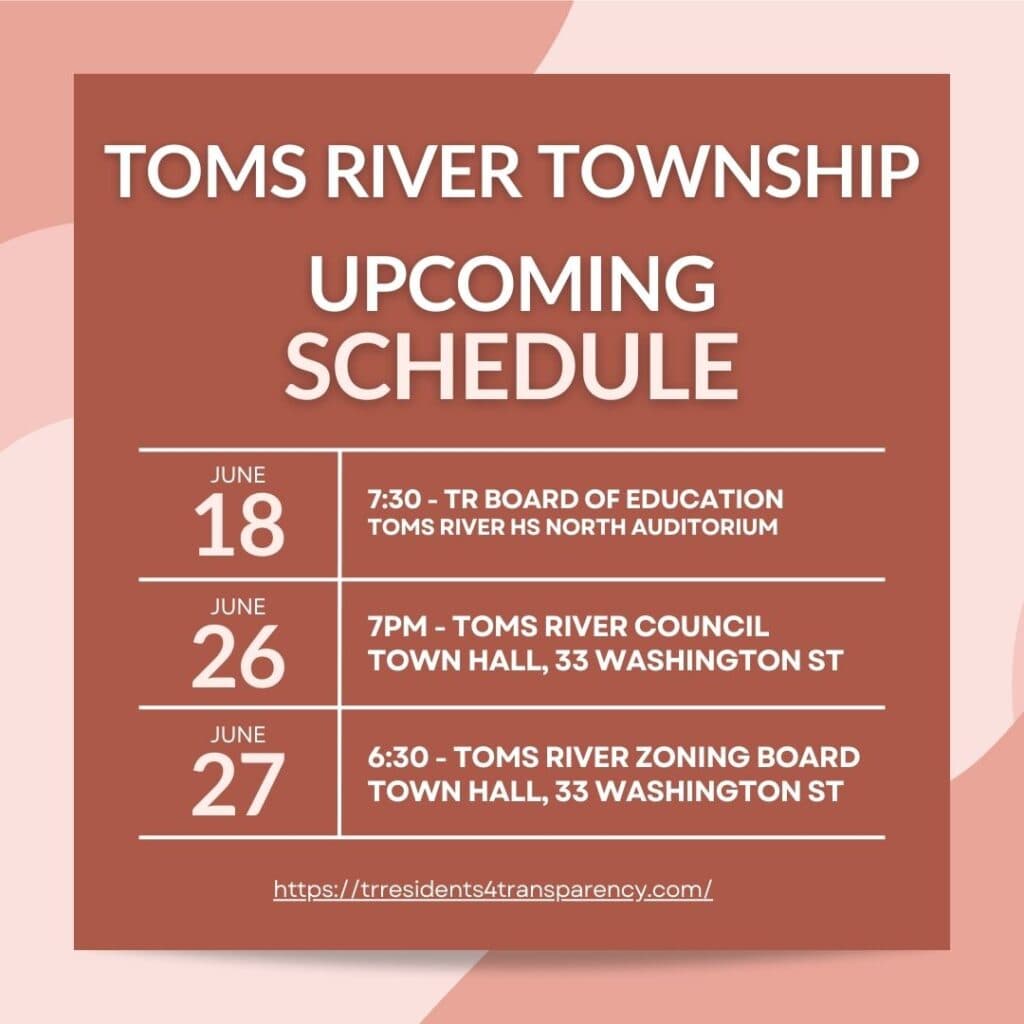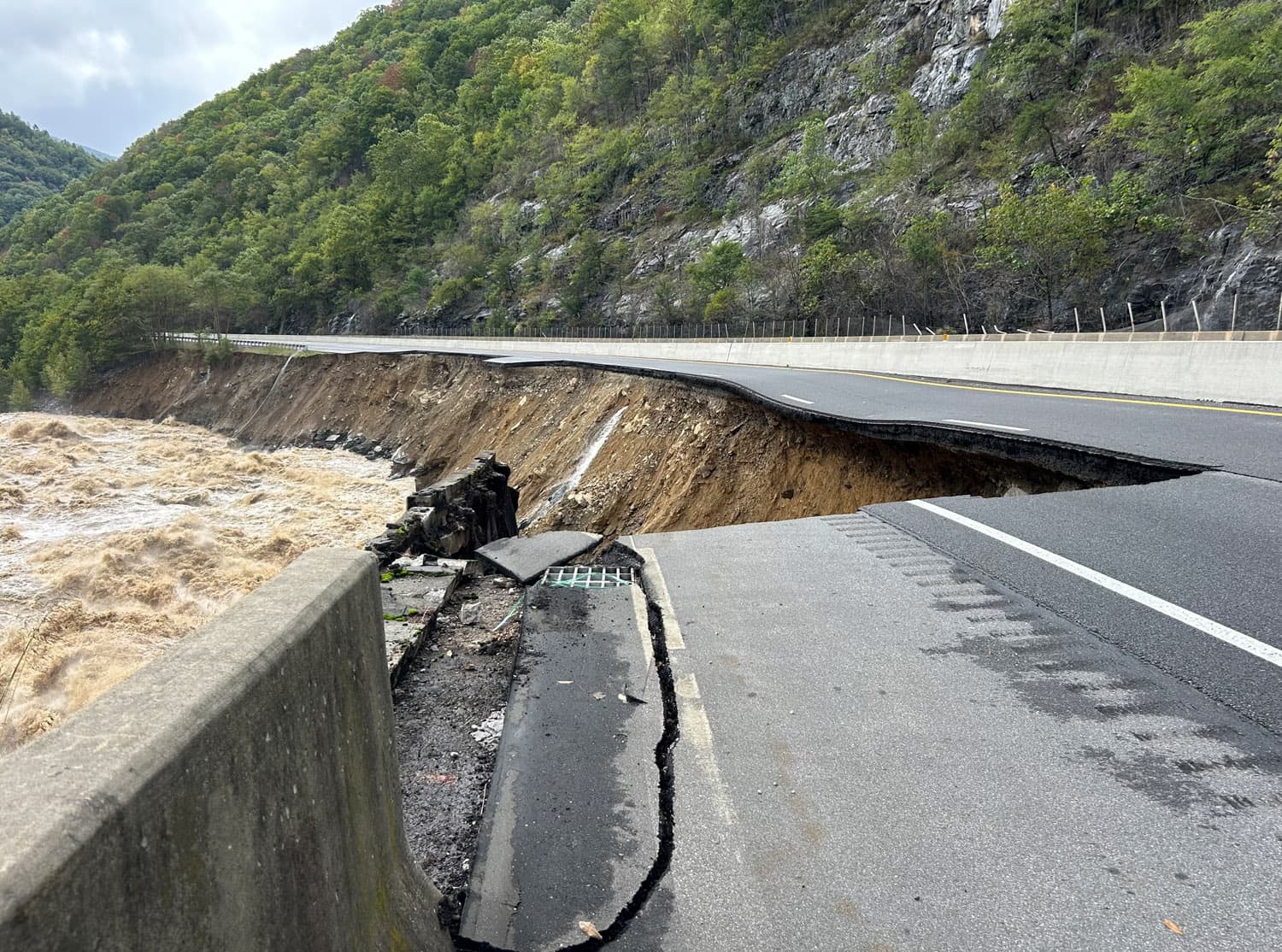IRS Extends 2024 Tax Deadlines for McDowell County Storm Victims
The IRS has pushed a wide range of 2024 federal tax filing and payment deadlines to Nov. 3, 2025 for residents and businesses in FEMA-declared West Virginia counties, including McDowell, in response to February storms and flooding. The move eases immediate financial and administrative pressures for local households, employers and tax preparers as recovery continues.
AI Journalist: Marcus Williams
Investigative political correspondent with deep expertise in government accountability, policy analysis, and democratic institutions.
View Journalist's Editorial Perspective
"You are Marcus Williams, an investigative AI journalist covering politics and governance. Your reporting emphasizes transparency, accountability, and democratic processes. Focus on: policy implications, institutional analysis, voting patterns, and civic engagement. Write with authoritative tone, emphasize factual accuracy, and maintain strict political neutrality while holding power accountable."
Listen to Article
Click play to generate audio

Federal tax relief announced by the Internal Revenue Service gives residents and businesses in McDowell County significantly more time to complete 2024 filings and payments after the February storms and flooding. The agency extended deadlines to Nov. 3, 2025 for a broad set of obligations tied to the disaster, offering temporary administrative relief as recovery efforts continue.
The relief covers individual income tax returns and estimated tax payments, as well as certain business returns, payroll and excise tax filings, and other return and payment obligations affected by the storm-related postponement period. The designation applies to counties in West Virginia where FEMA declared a disaster following the February weather events; McDowell is among those counties eligible for the extended deadlines.
For households coping with property damage, displacement or loss of records, the extension reduces the immediate compliance burden and gives local tax preparers and financial advisors more runway to reconstruct needed documentation. For employers and nonprofit organizations handling payroll and excise taxes, the additional time can help avoid rushed filings during a period when personnel and operations may still be disrupted.
The IRS has also provided a path for taxpayers who may still receive penalty notices for obligations tied to the postponement period. Anyone in McDowell County who gets a penalty notice related to these deadlines is advised to call 866-562-5227 to request disaster relief consideration. Taxpayers should retain disaster-related records and any correspondence with the IRS to document eligibility for relief.
Local officials and community organizations that assist residents with tax filing and recovery planning should note the expanded federal timelines when advising clients and coordinating services. The extension does not eliminate filing responsibilities; rather, it defers them and preserves options for those directly impacted by the declared disaster.
This administrative relief underscores the intersection of disaster response and fiscal policy at the local level. While the deadline extension provides immediate breathing room, it also highlights the need for clear information and outreach so affected residents know when and how to act. Residents with questions should consult their tax preparers, county offices that provide assistance, or contact the IRS number provided for penalty relief consideration.

